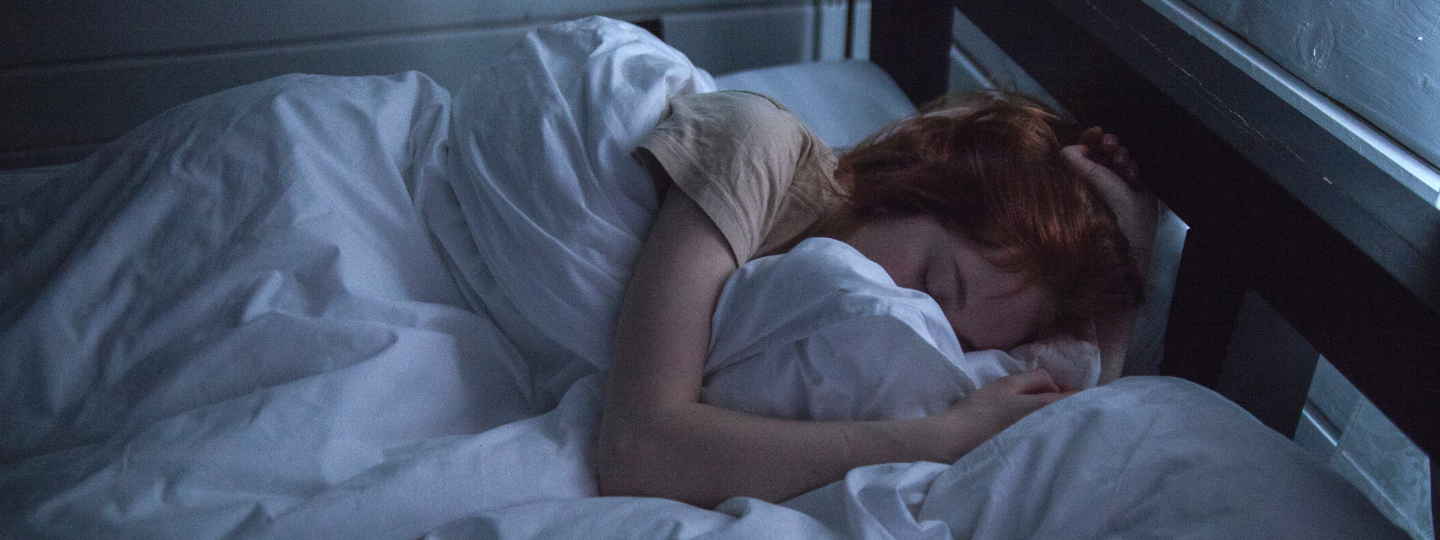Answering sleep questions
Answering sleep questions
Many young people who attend Jigsaw services report sleep difficulties. Here we look at the top questions we receive about sleep.

Many of the young people who attend Jigsaw services report that sleep is one of their main difficulties. In order to mark World Sleep Day 2021 we want to answer some of our most frequently asked questions concerning sleep.
Listen to Deirdre, Jigsaw clinician, walk you through the most frequently asked questions about sleep.
Q. How many hours do I need at night?
A. The amount of sleep we need varies from person to person and depending on what’s going on in our lives, but it can be good to aim for 8-10 hours a night. To make this work for you, think about what time you need to be up at every day for school/work and set routines around this.
Q. What happens if I don’t get the right amount of sleep?
A. A lack of sleep can affect our ability to concentrate and give our attention to others. It can also affect our memory and can lead us to feeling angry or frustrated. It can leave us feeling more lethargic or drained throughout the day, lacking motivation and energy to do the things we enjoy.
Sleep is also important for our physical health, restoring energy, repairing injuries/illness, growth and the ability to get along with others. If you don’t get enough sleep your ability to process positive emotion is reduced, affecting your mood and can increase experiences of anxiety or feeling low.
Q. What are some general tips to promote a good sleep routine?
- Bedtime routine:
Have a set bedtime and awakening time and try to maintain this even at weekends. Develop a routine to help you wind down before bedtime e.g. reading or listening to a podcast.
When you are in bed, disconnect from electronic devices like laptops, phones, and tablets. If you do use your phone in bed try to use a blue light filter to allow your eyes to relax and try to avoid ‘doom’ scrolling large amounts of negative news late at night
- During the day:
Avoid alcohol, tobacco, and caffeine (including energy drinks) in the evening as these can keep you awake or affect the quality of your sleep.
Try to get regular exercise and fresh air throughout the day to ensure you are tired and ready for sleep.
- Your sleep environment:
If you can, make sure your bedroom is set to a pleasant temperature, the cooler the better. Some people find eye masks and ear plugs help to drown out noise and light. Consider a establishing a calming scent in your bedroom, like lavender essential oil or pillow sprays, to help you relax.
It helps if we can associate our bedroom with sleep rather than other activities. Although it might be difficult particularly during lock down, aim to avoid doing any work, watching TV or eating in bed.
Q. What will I do if I can’t sleep?
A. If you still can’t sleep – don’t panic. Get up out of the bed and try sitting in another room reading etc. until you feel sleepy and then try again. Try and get out of bed at the same time everyday even if you don’t sleep well the night before, in order to keep your routine.
Bear in mind that our mental health can affect our sleep. If you are feeling anxious/stressed/worried speak to someone you trust, for example your One Good Adult. You are also welcome chat to one of our trained staff about what is going on for you, either in a group chat or 1:1 chat.


